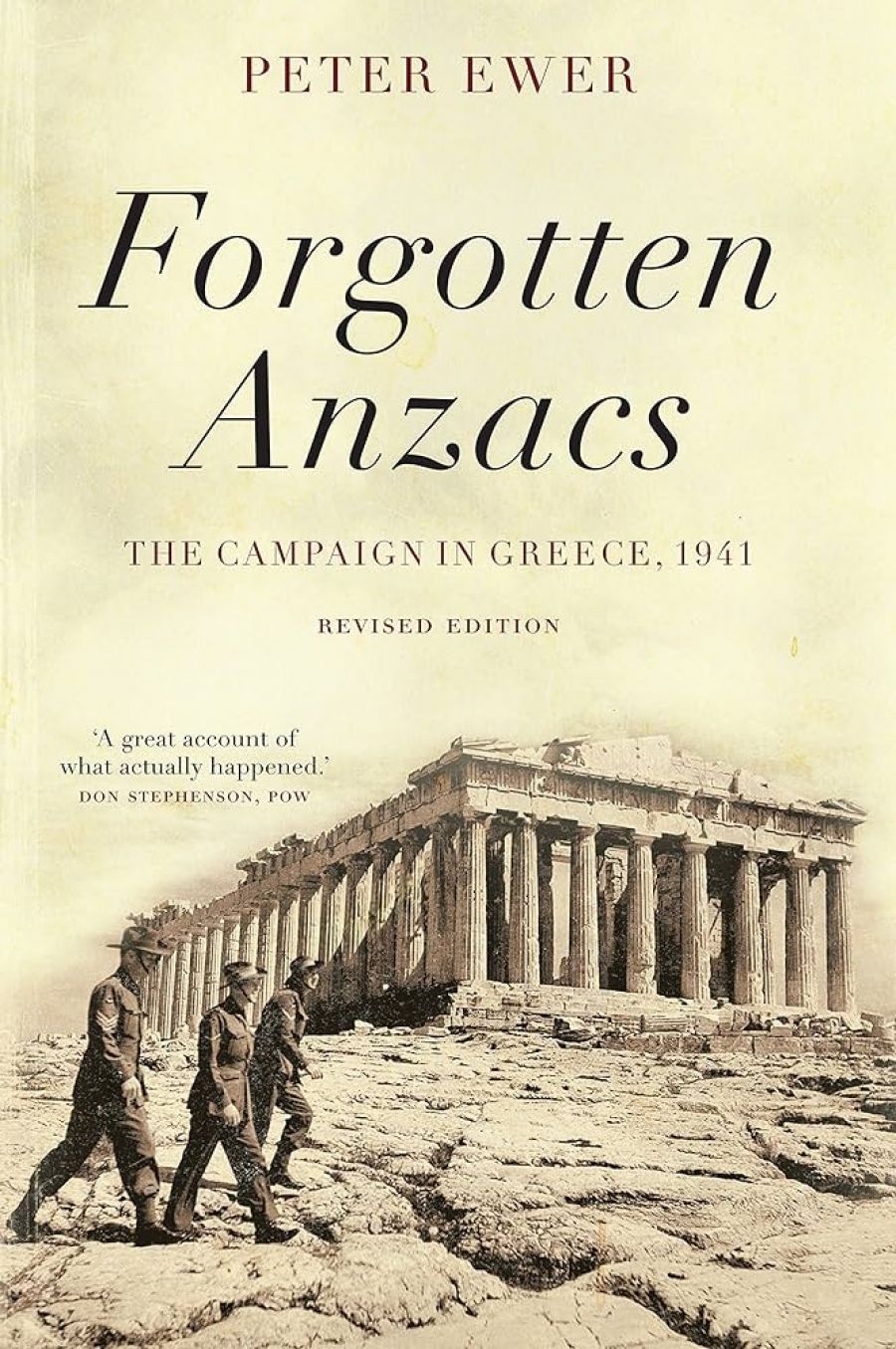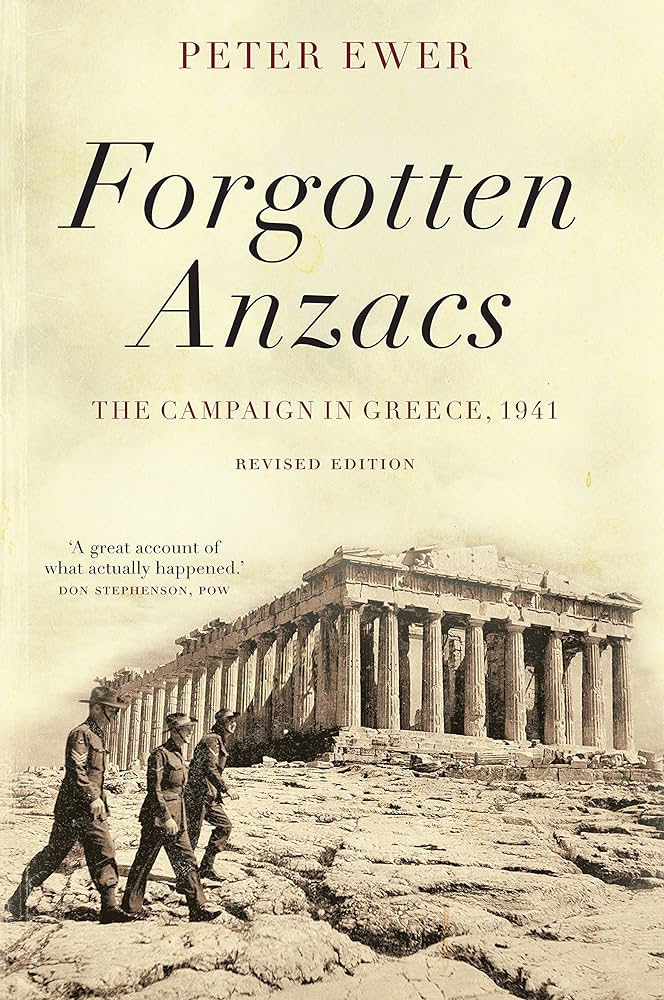
- Free Article: No
- Contents Category: War
- Custom Article Title: A neglected campaign
- Review Article: Yes
- Article Title: A neglected campaign
- Online Only: No
- Custom Highlight Text:
Forty years ago, the proponents of the ‘new military history’ sought to extend our understanding of war and its impact by looking beyond the battlefield and by considering the social and cultural implications of armies and military activity. In the process, the best work added layer upon layer of complexity and nuance to the study of war in history, but over time it came to seem that this approach to military history was interested in anything and everything except war’s central concern: battle and purposeful, organised violence between groups and individuals. Peter Ewer has written a book that belongs to what some are now hailing as the ‘new new military history’, approaches that seek to integrate broader socio-cultural significance and individual experience with serious attention to the basic elements of war through the ages: battle and killing.
- Book 1 Title: Forgotten Anzacs
- Book 1 Subtitle: The campaign in Greece, 1941
- Book 1 Biblio: Scribe, $59.95 hb, 419 pp
- Book 1 Cover Small (400 x 600):

- Book 1 Cover (800 x 1200):

Not the least of Ewer’s virtues is his commitment to writing a genuinely ‘Anzac’ account of the campaign. New Zealanders can be forgiven for thinking that the ‘NZ’ in ‘Anzac’ are silent letters, at least at the hands of Australian historians (there are highly honourable exceptions, such as Peter Stanley with his book on Quinn’s Post). The formation of a new Anzac Corps in April 1941 not only reaffirmed the organisational link established during World War I but ensured that Australian and New Zealand soldiers would see both a great deal of each other and an equal share of increasingly desperate fighting as the campaign unravelled quickly.
Ewer’s research is reasonably comprehensive, and he has worked extensively in the Australian operational records of the campaign (though not in their New Zealand counterparts). This is nicely balanced by extensive interviews with Australian and New Zealand veterans, and with a handful of Greeks now living in Australia, who fought as part of the resistance to German and Italian occupation, and who encountered Anzac soldiers both during the campaign and as the latter sought to avoid capture after the retreat had begun.
Perhaps predictably, the higher reaches of British military and political command fare poorly here. Much of the strategic decision-making surrounding the campaign was inadequate or built upon assumptions that were unlikely to be realised, but some of this is hindsight talking. It is worth remembering how desperate Britain’s position in Europe was in early 1941: almost bereft of Continental allies, the Americans still neutral and the Soviets aligned with the Nazis through the non-aggression pact they had signed in August 1939. The following twelve months were to prove even more desperate, with German armies at the gates of Moscow and the capitulation at Singapore in February 1942 marking the nadir of Britain’s fortunes in the war. Ewer is correct to point to the way in which the Greek campaign short circuited a likely British victory in North Africa at the end of the First Libyan campaign (a criticism that has been around for many years), and correct in his dismissal of the usual ex post facto arguments deployed to justify the intervention in Greece; but he places too much weight on the implications and possibilities had Britain stayed out of Greece and pursued the conquest of Tripolitania instead. The Italians were a (mostly) peripheral enemy, and North Africa a (largely) peripheral theatre.
As noted in passing, Ewer is sensitive to the Greek context in which the campaign unfolded, and the country and the people are a regular presence in his narrative. The strong, even peculiar, bonds forged between Greeks and the Australian and New Zealand soldiers, who were generally so briefly in their midst, is one of the underlying themes of the book, as is the difficulty of the Greek terrain and the complexity of Greek domestic politics and the internal affairs of the Greek army. Greece was no more immune from the stresses and strife of interwar European politics than other polities, and the internal struggles that played themselves out in Spain, Italy and Poland, for example, had their equivalent in Greece.
The civil war of 1944–49 was the final stage of a process that dated back to the 1920s, if not earlier, and the conflict between monarchists, conservatives, communists and fascists culminated in the mid-1930s in the authoritarian government of General Ioannis Metaxas. These events factionalised the officer corps of the army, in particular, and had a profound impact on the capabilities of the army as a whole; the army was equal to the task of repelling the inept Italian invasion of 1940, but totally out of its depth in the face of German aggression the following year and poorly placed to cooperate with the Anglo-Dominion expeditionary force despatched to fight alongside it in April 1941.
This detail is important in helping to explain the breakdown in liaison and communications between the Greeks and their allies, and also helps make sense of the claims at the time of ‘5th columnist activity’ in the Greek rear areas. Greek soldiers were courageous and incredibly tough, and readily earned the respect of their antipodean comrades, but the Greek army was outclassed in the field and undermined in the rear, and Ewer needed to deal with this at greater length in order to make sense of the chaos that so quickly engulfed all fronts after the Germans attacked.
His treatment of the German enemy, likewise, is a little superficial. Greece was the only occasion during the war on which the Australians encountered units of the Waffen SS, while the Fallschirmjager, élite airborne troops who suffered appalling losses during the conquest of the island, provided the major part of the assault on Crete. Neither was fully representative of the German army. Ewer allows himself to be distracted by the leading personalities in command (many of whom he correctly notes were imprisoned or executed after the war for various crimes), but there was rather more to German military performance than the ‘fanatacism’ of ‘notorious Nazis’.
Greece was a costly campaign for all who took part in it. Several thousand Australian and New Zealand soldiers were captured and spent four years in POW camps from which, unlike their comrades in Japanese captivity, the vast majority returned at the end of the war. It is these men, perhaps, who deserve the appellation ‘forgotten’ (a much overused term), at least in comparison with their less fortunate counterparts captured at Singapore. This clear and well-written account of the campaign should do much to rescue them from neglect by subsequent generations.


Comments powered by CComment